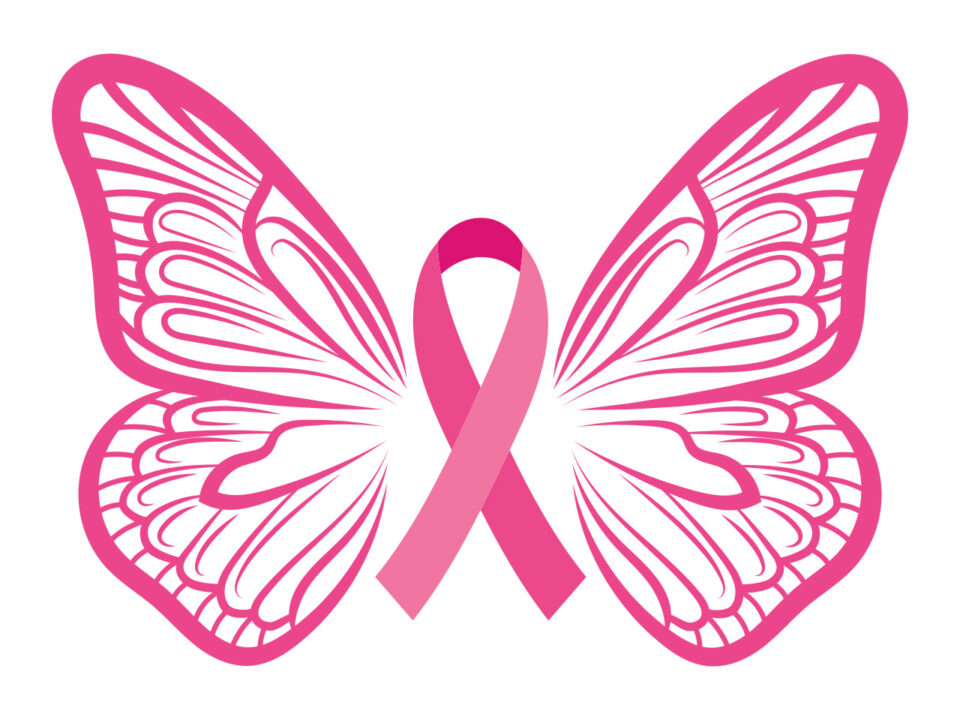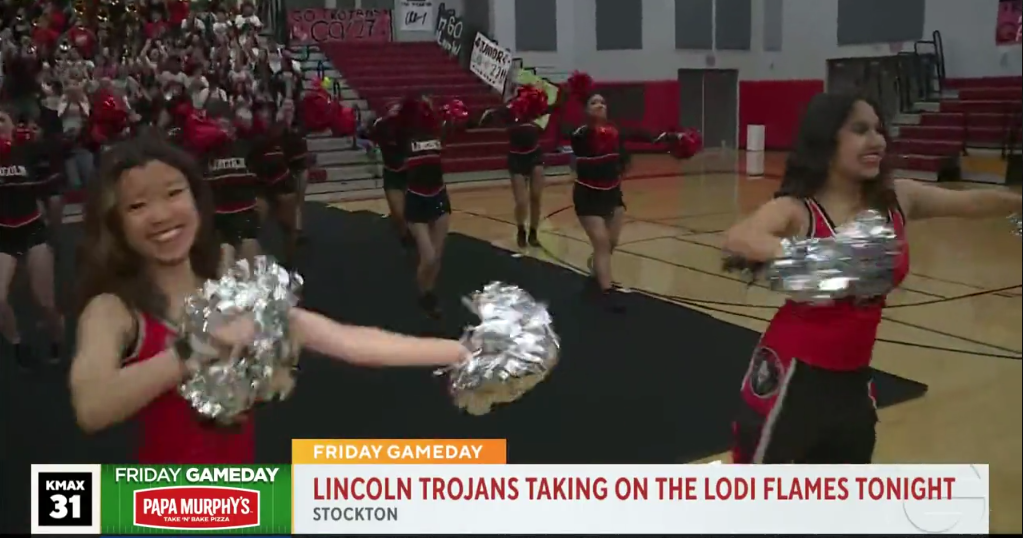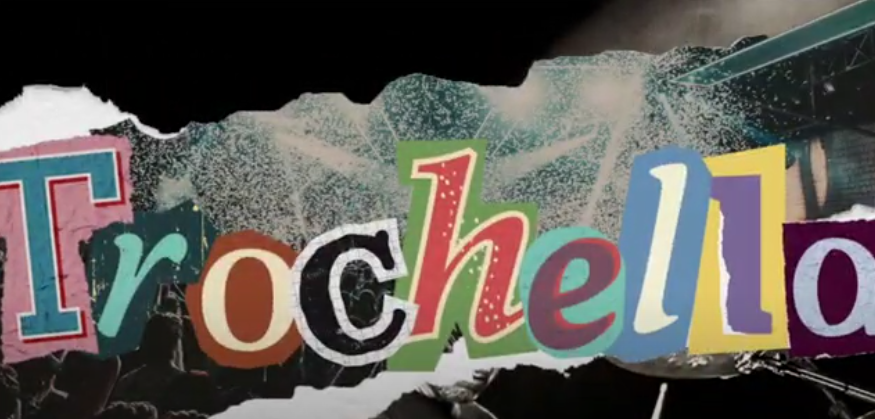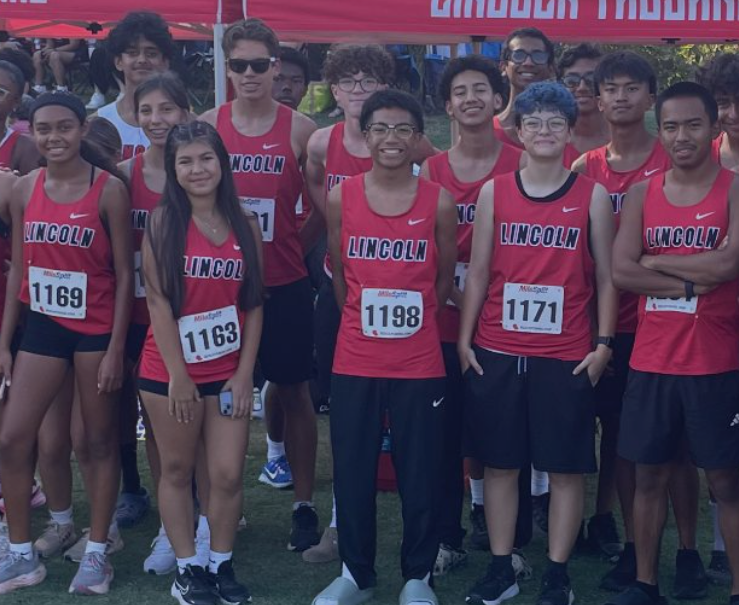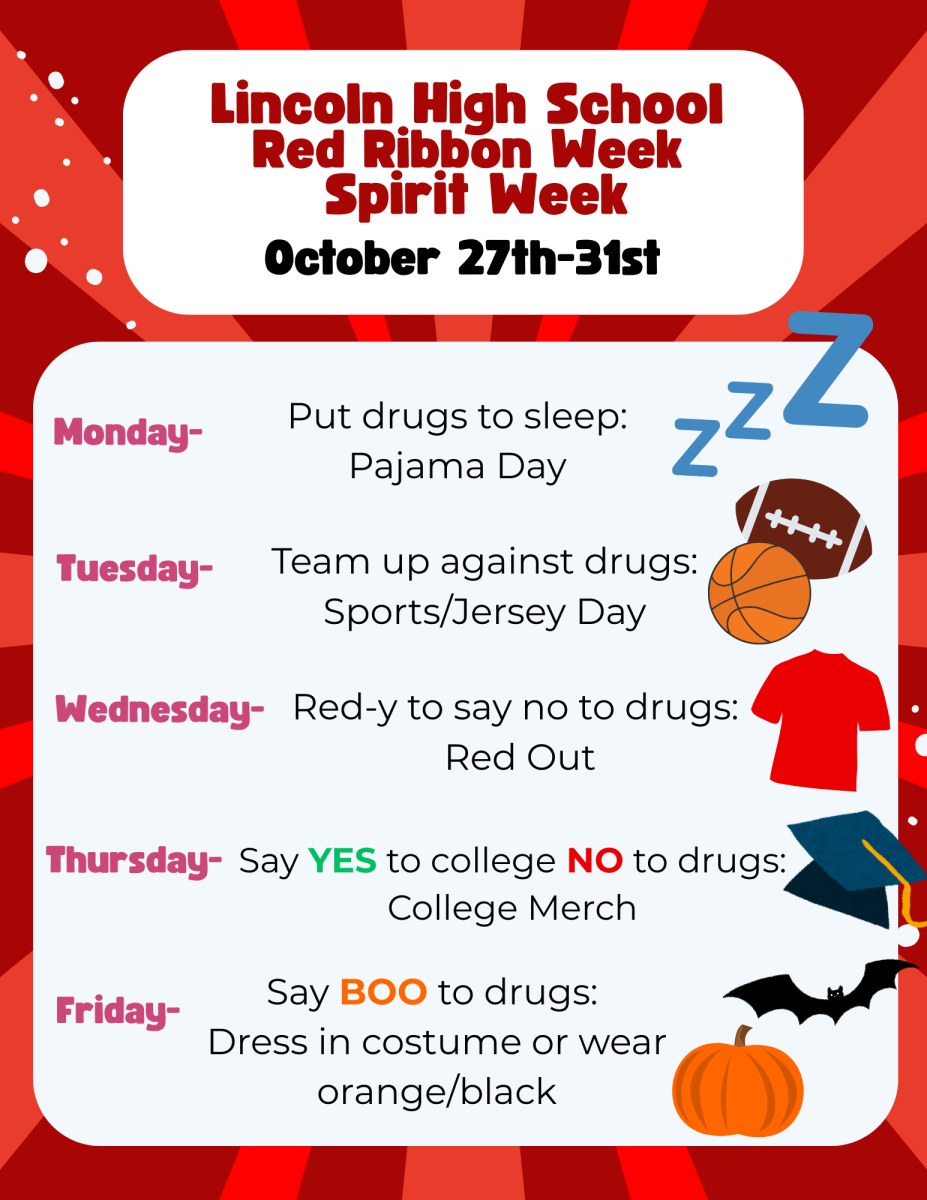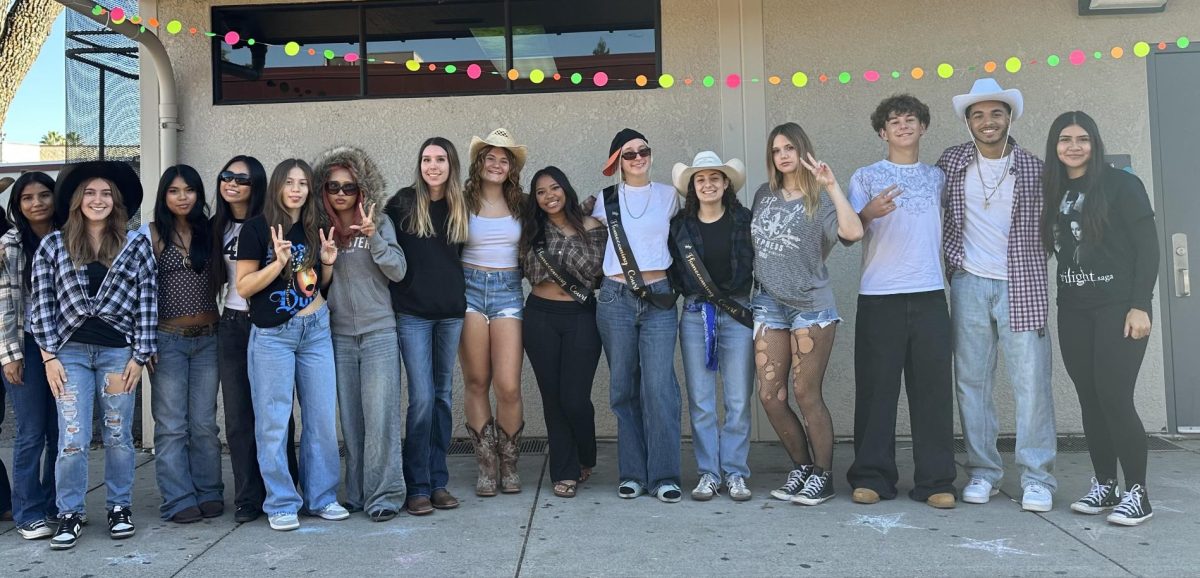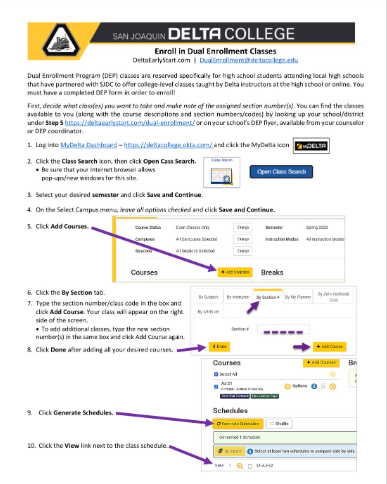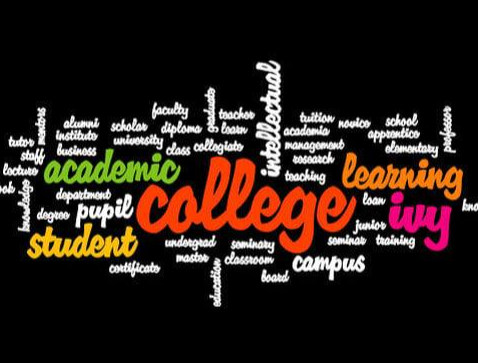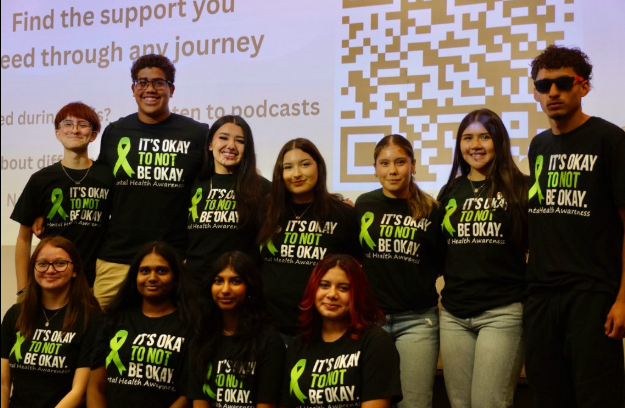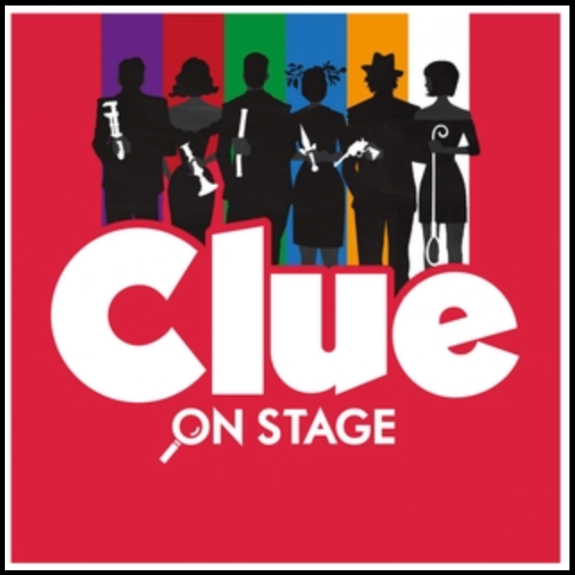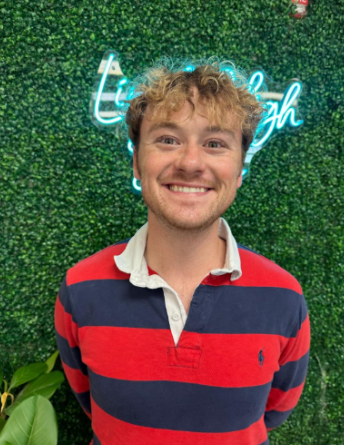Stockton- Mrs Lawrence is an American Literature teacher who always puts a smile on people’s faces even when faced with adversities. She was diagnosed with breast cancer at the age of 35 years old after discovering a lump when she was seeing her skin start to change. I actually learned the diagnosis myself. The doctor who was initially treating me did not call me quickly with the results, and I felt that was inappropriate. So I requested my medical records and
read it on my own. I was scared and worried, and wondered if I was going to die. She went through these type of therapies,”I went through chemotherapy first, which lasted 4 months. I also had a bilateral (double) mastectomy, which means that both of my breasts were amputated. I also had to do targeted therapy, which specifically fought my type of breast cancer. I did that for a year. In addition, I had to have hormonal therapy to keep my cancer from regrowing. I was meant to keep taking that medication for 10 years, but ended it after 18 months as it was negatively impacting my life. I asked what was her most challenging aspect of receiving her she said, Deciding if I should have the bilateral mastectomy or go for a lumpectomy, where they only remove the tumor. I decided for the more aggressive treatment because I was so young (most
breast cancer patients are in their 60’s or older). We asked her what her supporting cast during that time was good or bad. She said it was good to say “They cooked, cleaned, and took care of me physically when I was ill. They talked to me, made sure to answer my calls, and gave me rest. They entertained me when I wanted some happiness, and cried with me when I needed to feel my sadness.” She said her perspective was “I think about death constantly now. Not in the “I only have so much time left” way, but in a “is my new hip pain cancer coming back to kill me?” way.” Her strategies were “I journaled quite a bit. I joined support groups for women diagnosed with cancer under age 40. I went on adventure retreats for survivors in the wilderness, and learned how to rock climb and surf.” Mrs Lawrence always thinks about others. I asked what would you share or give advice to others she quoted “Don’t try to go it alone. No man (or woman) is an island, and we need each other. When people ask you how they can help, take their offer seriously and give them something specific to do (like, “I’d love it if you did a load of laundry” or “Can you order DoorDash for me?”). She said her treatments were “I have a very high likelihood of my cancer coming back (about a 1 in 3 chance). I’ve had at least 6 friends die from cancer in the last 7 years. I know my time is numbered. But isn’t all of our time also limited? I want to live fully when I can. Tomorrow is not a guarantee, and while it sounds cliche, it isn’t – life is meant to be lived.” Mrs Lawrence gives awareness to “It is a misconception that young women cannot get breast cancer. This attitude and mistaken belief is sadly prevalent in the medical field, and many doctors even tell their patients who are asking for a mammogram (the test that scans your breasts for cancer) that they are too young to worry about cancer. I have a friend named Megan that is now 24. She has battled breast cancer for the last 4 years, being diagnosed at 20 years old. Sadly, she will likely die from breast cancer that has metastasized (meaning spread throughout her body) in the next 6 months to a year. She keeps fighting, but her treatments are failing and her body is no longer responding to the medications. You absolutely can get breast cancer and other cancers at a young age. So, be proactive and get tested early if you have a family history of breast cancer. Men can also get breast cancer.


